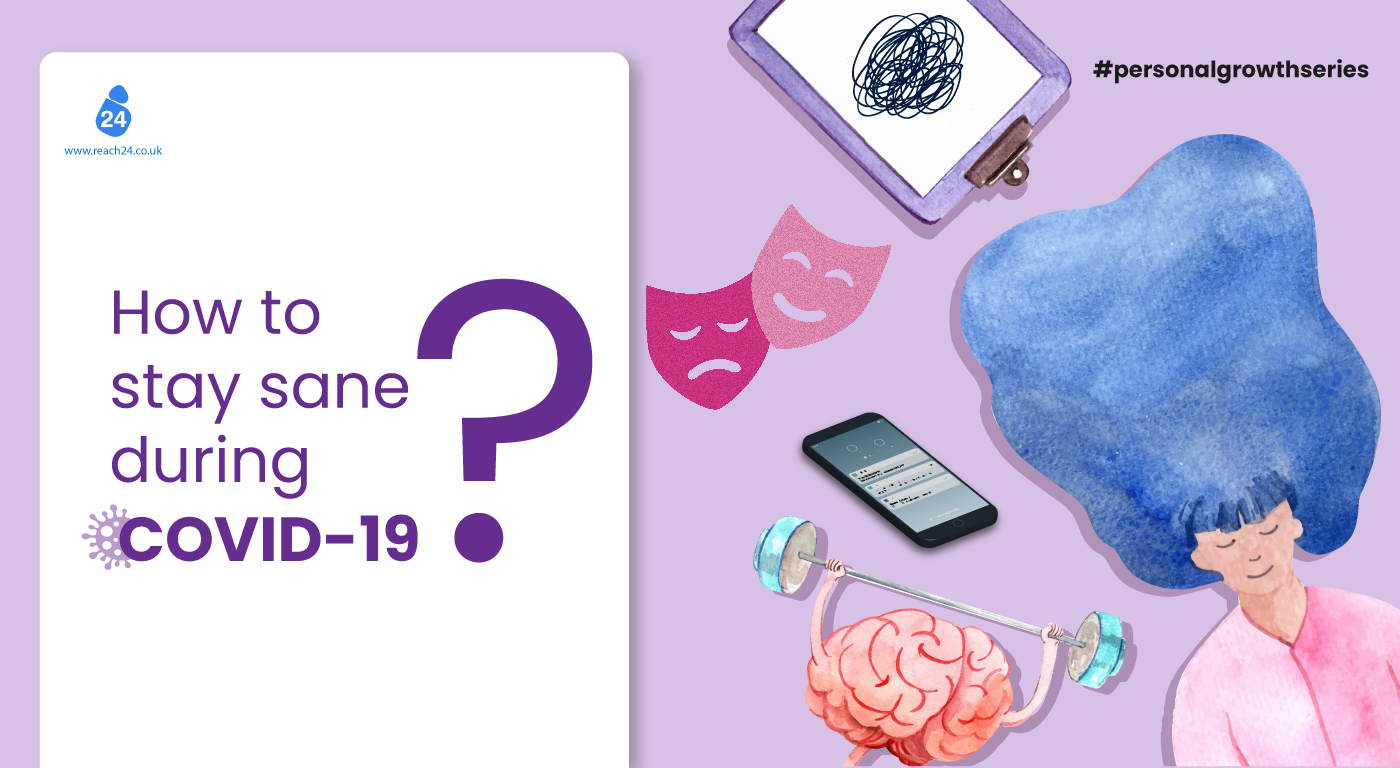Sleep is more important now than ever! Here are some important suggestions to improve your sleep and alertness on the job.
Shift work in certain settings is inevitable and increasingly common in our 24-hour society. What do Doctors, Nurses, Carers, Police Officers, Paramedics, Factory Workers, Firefighters, Hospital Workers, IT Support Staff, Public Transport Drivers all have in common? They are at risk of Shift Work Sleep Disorder (SWSD) also known as Circadian Rhythm Sleep Disorder. The negative impacts of shift working on health and well-being have been long recognised by mounting medical evidence. Your circadian rhythm is the body’s internal timekeeper. When you do shift work, you create a misalignment between the internal clock and the outside world. Working nights or early morning shifts means an individual must be awake when the circadian drive for alertness, cognitive function, psychomotor coordination, and mood is low (with the lowest point between 3 am and 5 am) and rest when during a phase least favourable to sleep. This can lead to chronic sleep disturbance (British Medical Journal).
Although not everyone who works overnight, early mornings or alternating shifts has SWSD; shift workers tend to have lower immunity and are at higher risk of insomnia, mental disorders, absenteeism, depression, and accidents related to sleepiness. Poor sleep that results from the disruption of the circadian rhythm is a risk factor in ulcers, insulin resistance, obesity, metabolic syndrome, Cardiovascular Diseases, diabetes, stroke, breast cancer, menstrual issues, anxiety, headaches, and mood disorders.
People adapt differently to shift work depending on their health, age, lifestyle, and responsibilities hence, each individual needs to find a sleep pattern that suits them best and make relative lifestyle changes to minimise the side effects of working irregular hours. Whether you are experienced or new to shift work, the added stress from COVID-19 has likely made sleep even more challenging over the past few months. Implement the tips below to improve your quality of sleep, reduce associated health risks and poor functioning in the workplace. Remember not to put too much pressure on yourself!
The following information is drawn from trusted sources – The Health and Safety Executive (HSE) and the British Medical Journal (BMJ) .
Keep a regular sleep-wake schedule
Build a plan to fit in sleep into your daily schedule and try to be consistent as you work a series of varying shifts. For example, after a night shift instead of sleeping as soon as you get home in the morning, try splitting your bedtime hours; a few in the morning and a nap just before you go back to work that day.
Is your bedroom keeping you awake?
Part of having a regular sleep-wake schedule means that when it is time to sleep, your bedroom needs to be comfortable, dark, quiet, and cool. As your body temperature increases during the day, adjusting the bedroom temperature to a cooler condition can improve the quality of sleep.
To achieve darkness, use an eye mask or blackout curtains and as the daytime is noisier, consider investing in earplugs or a white noise app. If you must keep your phone with you, try changing the settings to ‘do not disturb’ or silent to experience the least amount of disturbance.
Practice a bedtime routine
To help you unwind, why not take a warm shower or bath, engage in reading or gentle stretching. This can help serve as a signal that your body is ready for sleep. Why not use sleep music or relaxation guides? Consider writing a ‘to-do’ list before sleeping so you don’t lie awake worrying about forgetting important tasks.
Watch what you eat and drink
Avoid eating a heavy, sugary, fatty meal before sleep and instead, have a light meal. Fruits and vegetables are great snacks if you find yourself getting hungry at nighttime. Similarly, avoid consuming caffeine (coffee, energy drinks, soft drinks) and alcohol at least 3-4 hours before you intend to sleep. Watch out, some over the counter pain killers and cough syrups also contain caffeine and can keep you from getting a good rest. Although it is vital to stay hydrated, limit how much water you drink before bed to decrease the amount of times you need to urinate at night. One or two glasses of water are just fine!
Physical activity promotes wakefulness
Simply put, exercise after you sleep not before. Daytime sleepers should avoid morning exercise which promotes wakefulness during the day. However, overall physical activity and exercise can improve sleep quality and boost general well-being. Start slowly with a 30-minute activity such as walking and with consistency, fitness will become a part of your lifestyle.
Keep a sleep diary to identify a suitable sleep schedule
Recording your sleep pattern and sleep habits using a diary can help to assess the nature of your sleep. Reviewing this information with a doctor will help you work out how to improve your sleep hygiene. Keep a diary for at least two weeks to reap the benefits.
Download this diary to get started:
https://sleepcouncil.org.uk/advice-support/sleep-tools/sleep-diary/
Avoid difficult conversations or confrontations before bedtime that can promote wakefulness and hinder the quality of sleep. If you live with family or roommates, let them know when your sleep times are and remind them to keep noise levels at bay.
Avoid forcing yourself to sleep
If you have spent 20-30 minutes turning around in bed, the worst thing you can do is force yourself to sleep. Instead, get up and indulge in a relaxing activity, hobby (drawing, playing an instrument), low impact chores, or read something boring! However, avoid watching the clock, exercising, browsing through Netflix or TV, and using your laptop or phone.
Getting home safely after your shift
Avoid driving for a long period of time or long distance if possible. If you must drive home be vigilant to the risks of fatigue. Pull off the road if safe to do so and take a short nap if you feel yourself falling asleep at the wheel. Since daylight is a signal to the body to stay awake, wear dark glasses to encourage the production of melatonin and kick start the body for a restful sleep. At home, follow the same bed-time routine – stretching, taking a warm bath, or meditating.
Transitioning from nights to days
Limit 12-hour night shifts to two to three consecutive days and when changing from night shifts to day shifts or vice versa, allow a minimum of 2 nights of full sleep to ensure adjustment to the new schedule. Have a short sleep when you get home from your last shift and try to carry out normal daytime activities when you wake up and go to bed at your regular time that night to get back into a routine.
Plus, keeping physically fit is overall beneficial for your body and will help to better cope with the constant changes.
Talk to a doctor if you regularly experience headaches, sluggishness, are constantly fatigued, have impaired ability to perform your duties, and experience insomnia during the day.
We would love to know what tips you follow, comment below, and share the love!
Stay safe, stay protected.
Sources:
https://www.hse.gov.uk/humanfactors/topics/shift-workers.htm
https://www.ncbi.nlm.nih.gov/pmc/articles/PMC5836745/pdf/nihms932282.pdf



